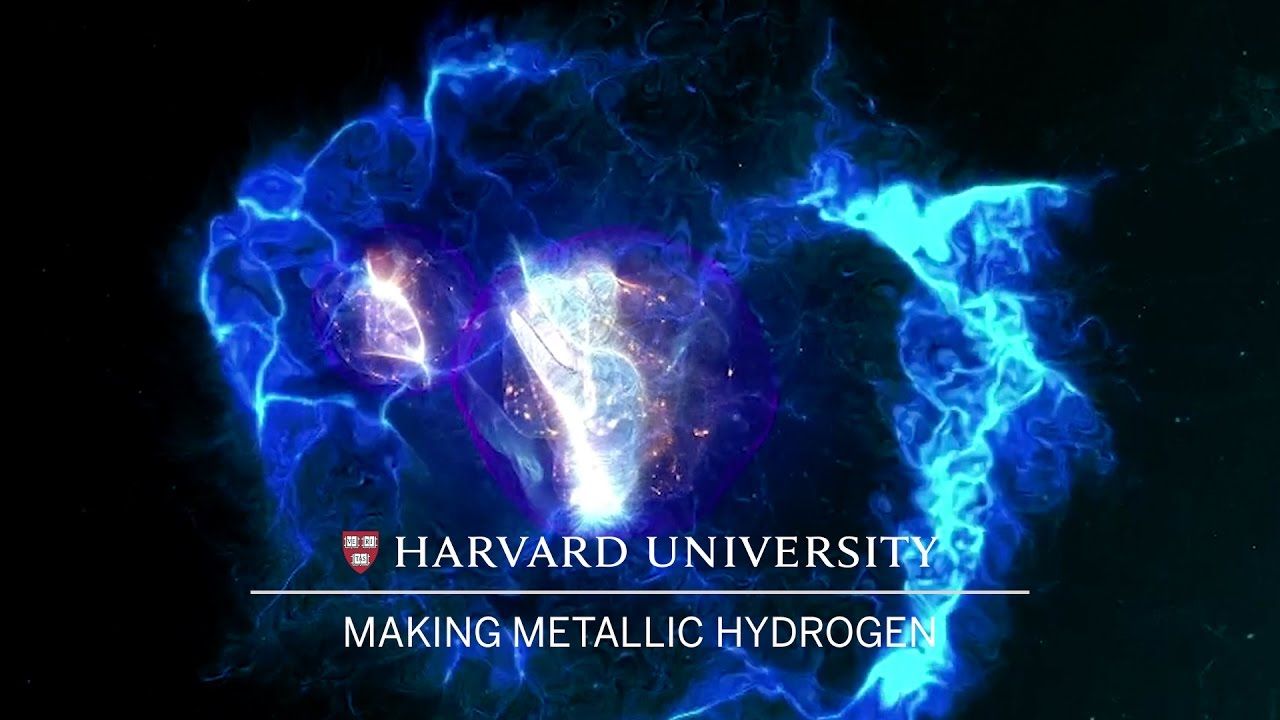In Brief
- By applying 4.95 million atmospheres of pressure to liquid hydrogen, Harvard physicists have claimed they were able to make it metallic, a state of hydrogen that had never existed on Earth before.
- Physicists predict that metallic hydrogen is an authentic superconductor, so if stabilized, it could revolutionize everything from energy storage to rocketry.
As reported back in September, two studies, each with a different approach, were attempting to created metallic hydrogen, and now, more than 80 years after it was predicted to be possible, the Harvard University team has finally managed to produce the elusive state. Physicists Isaac Silvera, who has been working on this problem for 45 years, and Ranga Dias published their study’s results this week in the journal Science.
To develop metallic hydrogen, Silvera’s team squeezed two opposing heavy-duty diamonds together to compress gaseous hydrogen, and then they transitioned it into its liquid state by lowering the temperature [hydrogen liquifies at a temperature of −252°C (−423°F)]. They then gradually increased the applied pressure on the solid hydrogen by twisting a steel screw to exert force on the diamond anvil. It was then that changes were noticed.
